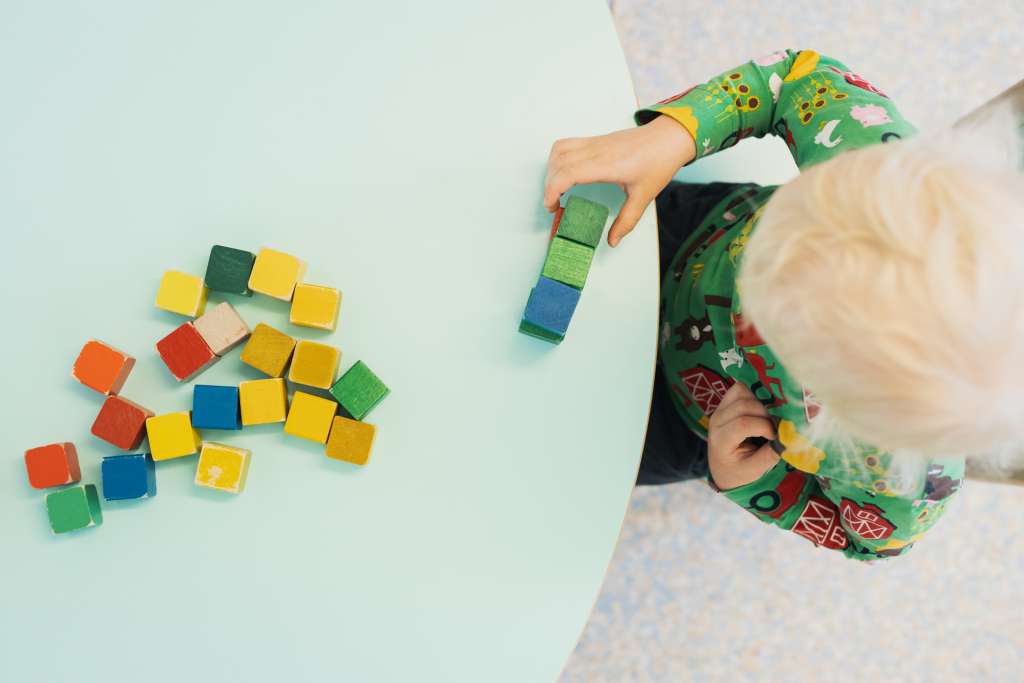
Support for early childhood education and preschool education
In Vaasa, child development and learning support are organised as part of the daily activities of early childhood education and preschool education.
Support is primarily given through various arrangements in the child’s own daycare, preschool, or family daycare group. Support for the child must be flexible, planned, and regularly evaluated. Thus, support should also be provided for as long as is needed, at the level that is needed, and in the appropriate forms.
Support for growth and learning
Early childhood education and care and preschool education have the task of supporting the child’s positive development in interaction with caregivers and personnel. The purpose is to identify the child’s need for support as early as possible and to provide appropriate forms of support.
To encourage the child’s development and learning potential, the early childhood education and care activities and the learning environment must be adapted to the child’s needs. The child’s positive self-image and sense of achievement in learning should be supported by a supportive and affirming learning environment.
Documentation of support
An individual early childhood education and care plan must be drawn up for each child in daycare or family daycare, outlining how the child’s education, teaching, and care are implemented. The plan also records the child’s possible need for support, specifies the supporting measures, and explains how they are implemented in day-to-day life.
There are three levels of support: general, enhanced, and special. Providing adaptive support to a child at an early stage enhances the child’s development, learning, and well-being. Early support also prevents exclusion and the build-up and complexity of the child’s challenges.
In preschool education, an individual preschool education plan is drawn up for each child, setting out the child’s objectives for growth, development, and learning. The preschool education plan also indicates the child’s need for support and the support measures to be taken within the range of general support.
Enhanced support is provided where general support is not enough. The decision to start enhanced support is based on a pedagogical assessment and must be included in the child’s learning plan. A child whose growth, development, or learning objectives are not being adequately met must be given special support. Before the transition to special support, a pedagogical assessment must be carried out in which the need for support is assessed and clarified. A personal plan for the organisation of education (HOJKS) must be drawn up for a child in need of special support.
Smaller group sizes and assistants
Where necessary, the group size may be reduced when there are one or more children with special needs. Alternatively, an assistant may be hired for the group when possible.
Cooperation with specialists
Together with the child’s caregivers, the early childhood education and preschool personnel also work with other specialists, such as child and family welfare services, psychologists, doctors, therapists, and social services, as appropriate, to plan and organise the child’s support needs.
An overall picture of the support services that the child will get should be drawn up, and the multidisciplinary network should work together to support the child’s overall growth, well-being, and development and to recognise the need for support.
Special teacher for early childhood education and care
The City of Vaasa employs 17 special early childhood education teachers (VEO). Each early childhood education unit has the option of using the services of one special needs teacher.
Special needs teacher for early childhood education and care
- monitors and observes the child’s development and learning.
- gives special education in small groups or one-to-one.
- organises joint lessons with the group’s teacher.
- assesses the child’s need for support in cooperation with the caregivers and the group’s personnel.
- collaborates with the child’s caregivers, early childhood education personnel, and other specialists.
- gives support and guidance in the planning and implementation of the child’s care, education, and learning.
- guides assistants.
